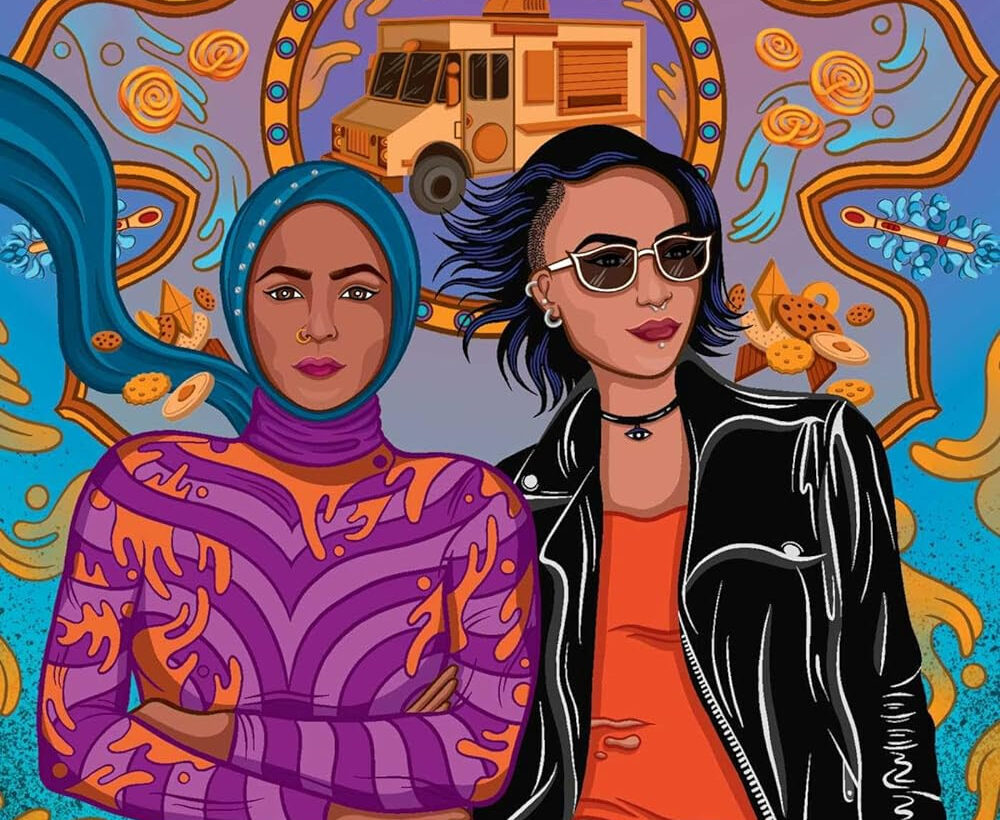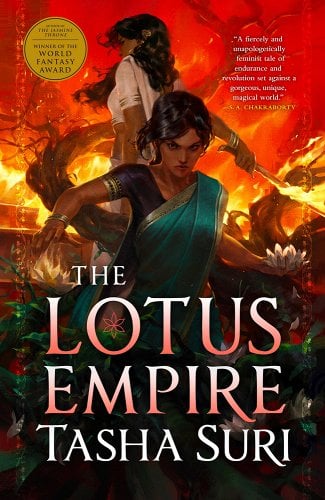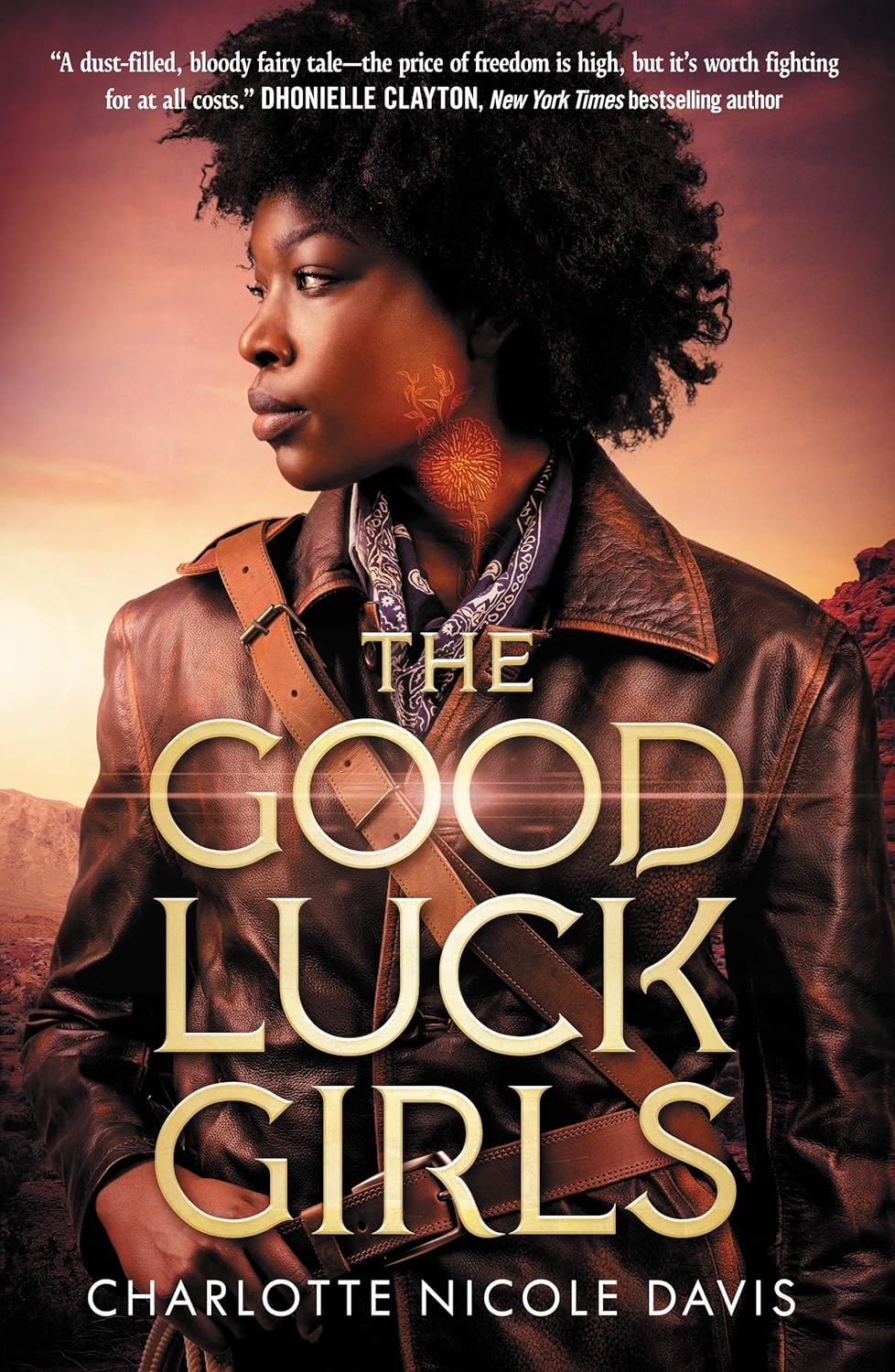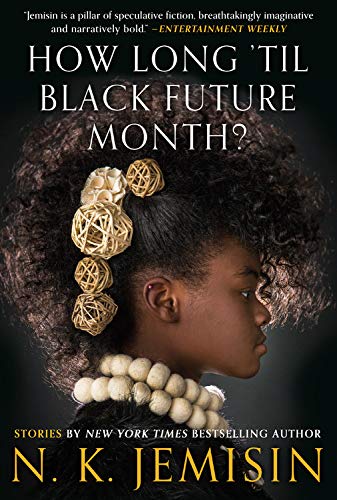I will be completely honest—I have been burnt out, to the point where I have been struggling to find joy in reading and even finding reading books for my job a burden. I am sure a lot of you have been feeling the same way. But as I went searching for ways to engage withRead More
A Fiery Finale: The Lotus Empire by Tasha Suri
In 2021, three brilliant, yellow-covered epic fantasy books came out, all of them with sapphic leads, and thus the Sapphic Trifecta was born. I have read and loved them all (and talked about them here, along with several other Lesbrarians), but I think if I were to pick a favorite, I would have to say TheRead More
An Underrated Fantasy Western: The Good Luck Girls by Charlotte Nicole Davis
Buy this from Bookshop.org to support local bookstores and the Lesbrary! I am actually going to talk about two books in this review, because while I thought the first book was fantastic, it was not until I finished the sequel that I fully realized exactly how good I thought these books were. The Good LuckRead More
Colonialism and Revolution in Fantasy France: The Faithless by C. L. Clark
Buy this from Bookshop.org to support local bookstores and the Lesbrary! When I finished The Unbroken by C. L. Clark, I wasn’t sure I was going to continue with the series. It was brilliant, yes: thought-provoking and gut-wrenching, with commentary on colonialism and a passionate, doomed F/F romantic subplot. The strengths of the book, though—theRead More
Til reviews The Ballad of Dinah Caldwell by Kate Brauning
Amazon Affiliate Link | Bookshop.org Affiliate Link This is the sort of review best begun with a caveat that I intend no ill will toward those who enjoyed the book… but maybe they’ll want to give it a miss, because I really do not like this book. In fact, I found the reading experience soRead More
Larkie reviews “The Effluent Engine” by NK Jemisin
Amazon Affiliate Link | Bookshop.org Affiliate Link I listened to this short story as part of the audiobook How Long ’til Black Future Month, but it can be found for free online at Lightspeed Magazine. I’ll start this review off by saying that I think NK Jemisin is an incredible writer. Her Broken Earth trilogy wasRead More



